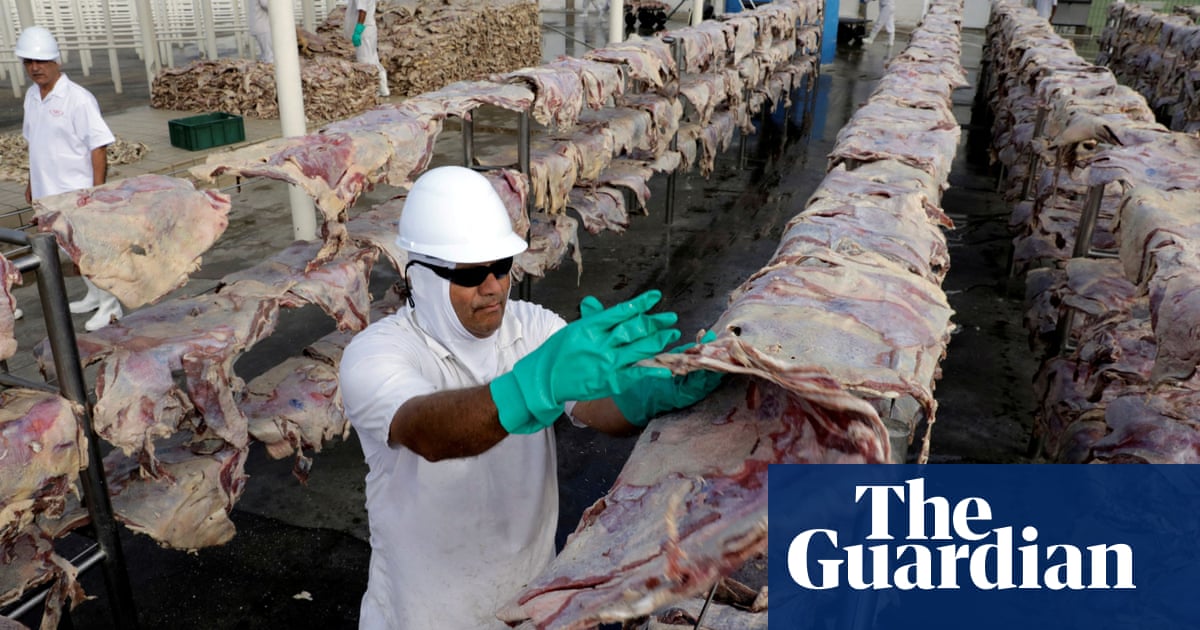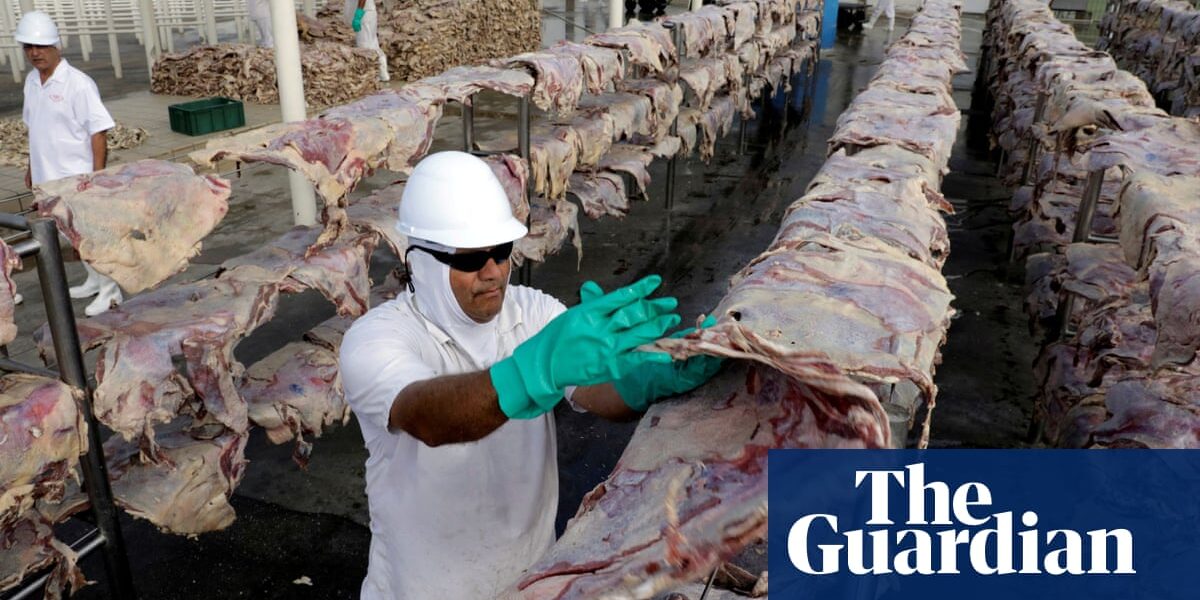The report reveals that banks are behind the growth in meat and dairy production worldwide.

A recent report discovered that billion-dollar funding is fueling unsustainable growth in the production of meat and dairy products worldwide.
According to the report, there was a 9% increase in worldwide meat production and a 13% increase in dairy production from 2015 to 2021.
During a period of approximately 7 years, from 2015 to 2022, financial institutions gave an average of $77 billion per year in credit to the top 55 industrial companies in the livestock industry. The report also suggests that some of these companies may have disregarded their anti-deforestation policies in order to receive this funding.
According to the report, credit is intended to assist businesses in growth, but it has also contributed to a significant and not sustainable rise in the production of meat and dairy products worldwide.
“We are urging financial institutions to cease funding industrial livestock corporations as soon as feasible,” stated Martin Bowman, the policy and campaigns manager at Feedback, a UK-based advocacy organization that published the report.
The extensive dangers of factory farming outlined in the report encompass its impact on the environment, such as climate change and deforestation, as well as issues such as pollution, animal cruelty, loss of biodiversity, exploitation of workers, illness in humans, and resistance to antibiotics.
According to a survey of over 200 experts in climate and agriculture, the most effective strategy for decreasing emissions from livestock is to consume less animal protein and decrease animal farming, particularly in wealthier nations.
The study revealed that in order to achieve the targets outlined in the Paris climate agreement, emissions from livestock production must reach their highest point by 2025 and then decrease by 61% by 2036. This decrease must occur at a quicker pace and to a greater extent in more affluent nations.
The report found that Bank of America, Barclays, and JPMorgan Chase were the top three providers of financial support to the world’s top 55 industrial livestock companies. Together, these banks offered a total of almost $84 billion, with Bank of America leading at around $29 billion. The report also found that Barclays was the primary lender to JBS, a Brazilian meat company with the highest emissions in the world.
The report identifies major financial backers in the dairy industry such as Wells Fargo, the leading creditor to Dairy Farmers of America, and ANZ bank, the primary creditor to New Zealand’s Fonterra. According to the report, in 2021, Dairy Farmers of America produced more greenhouse gases than the entire country of Denmark, and Fonterra was responsible for approximately 45% of New Zealand’s total emissions during that time.
The study also discovered that certain banks were disregarding their own policies against deforestation in order to provide funding for Minerva Foods, Marfrig, and JBS, companies in Brazil that have been known to contribute to deforestation.
The policy documents of HSBC guarantee that they will not knowingly offer financial services to high-risk individuals who are directly involved in or obtain goods from suppliers that engage in deforestation. However, the report stated that between 2015 and 2022, HSBC was the second most significant lender to Minerva and the fourth most significant lender to Marfrig.
The report revealed that during this time, Bank of America ranked as the fifth largest creditor to Minerva worldwide, despite their policy forbidding the use of lending proceeds for commercial projects or operations which contribute to deforestation.
According to Rabobank, it does not provide financing for deforestation in Brazil, even if it is permitted by law. However, the report revealed that the bank did offer credit to JBS and Minerva from 2015 to 2022.
The financial policies of Barclays were revised in April 2023 to now include limitations on the production and initial processing of beef in countries in South America with a high risk of deforestation. The policies also stipulate that companies must uphold human rights in all aspects of their operations and supply chain.
In an email, Rabobank stated that they are actively taking measures to prevent illegal deforestation. However, they did not provide any comment on specific cases. The bank stated that they will carefully review the findings of Feedback’s report when it is received.
HSBC emphasized the need to differentiate between clients who use their banking services and other businesses that may seem connected through shared ownership. They also stated that they have a plan and policy in place for addressing concerns with companies, particularly regarding deforestation risk.
Marfrig has stated that they are not affiliated with deforestation and that their production undergoes international third-party audits without any instances of non-conformity for the past 11 years. The company cannot provide specific responses until they review the full report. They also argue that defunding would impede the progress of sustainable food systems, which require investments in technology, innovation, technical assistance, and training.
A report from Minerva spanning 18 pages outlined their actions to preserve the ecosystem that they rely on, including the suspension of 414 Brazilian suppliers for unlawful deforestation and addressing other environmental concerns. The company also boasted a number of victories in their direct cattle supply chain in regards to stopping deforestation. However, they acknowledged that monitoring the practices of indirect supplier farms continues to be the “main obstacle” in the industry. Additionally, they outlined their policies for animal welfare, projects for reducing emissions, and efforts towards promoting sustainability and human rights.
Bank of America, Wells Fargo, and JPMorgan Chase refused to provide a statement. Other institutions did not reply to comment requests.
The International Meat Secretariat stated that companies involved in livestock are mindful of the importance of responsible development and expansion in order to meet the growing demand for protein among an expanding population. The commercial livestock industry aims for growth to meet this demand, while also adhering to regulations, increased oversight, and corporate social responsibility expectations.
Source: theguardian.com


